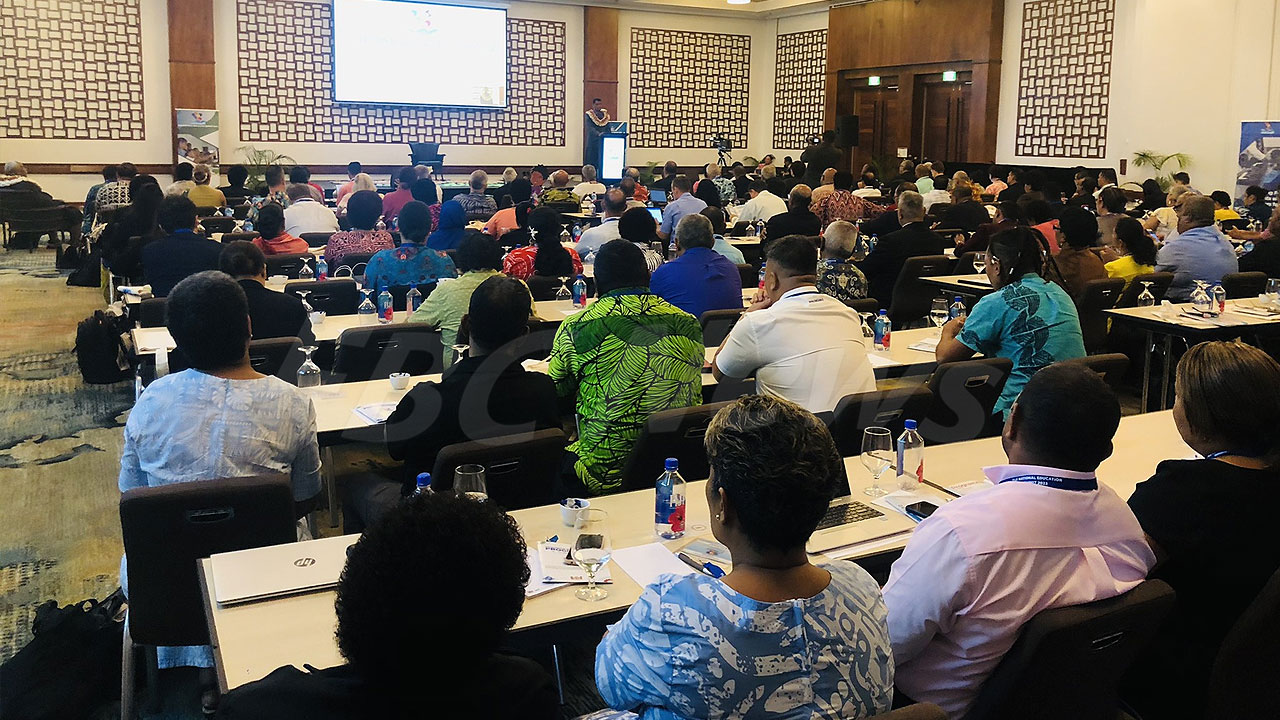By Ayesha Irshad Mian
Copyright dawn

WITH one in four Pakistanis suffering and over Rs250 billion lost annually, the refusal to fund mental health is philanthropy’s costliest neglect.
Despite mental health disorders being among the leading causes of disability worldwide, philanthropy continues to look the other way. While billions are poured into visible projects, the silent epidemic of depression, anxiety and suicide remains neglected. This neglect is not only unjust; it is economically reckless.
Less than one per cent of global charitable donations are directed towards mental health, even though the burden rivals — and often surpasses — that of heart disease, cancer, or diabetes. In Pakistan, where over 50 million people suffer from mental health conditions, this is not a marginal issue. With one in four Pakistanis affected, almost every household has someone struggling with mental health concerns. Yet it remains largely invisible in our daily discourse
The lack of philanthropy in mental health is both myopic and shameful.
The economic burden is staggering. The annual cost of mental illness in Pakistan in 2005-2006 was estimated at Rs250bn, mostly through lost productivity. It is estimated that by 2020, that figure had doubled to nearly Rs617bn. It has only grown since. Each student kept from realising his/her full potential, each employee unable to work effectively, each life lost to suicide is not just a personal tragedy — it is a direct hit to the economy. For a country already struggling with growth and employment, investment in mental health is not a soft choice but a smart one.
It is also important, even urgent, to understand that untreated mental illness magnifies the burden of other diseases. Stress is a strong risk factor for heart disease; depression worsens outcomes in cancer and accelerates diabetes complications; anxiety exacerbates every acute and chronic illness. Families whose resources are already stretched by medical bills see their health costs multiply when mental illness is ignored. Communities lose their stability and societies lose their resilience.
The crisis is also concentrated in the very group we most depend on: the young. With 64 per cent of the population under 30, Pakistan should be reaping the dividends of its youth bulge. Instead, many students and early-career professionals are confronting what has globally been described as a mental health time bomb. Depression, anxiety and substance abuse are disproportionately common among the young, fuelled by unemployment, inflation, climate change and political instability.
Young employees are voicing these concerns. Across industries, Gen Z and millennials are consistently calling for employers to prioritise wellness. They want mental health literacy in workplaces, access to quality helplines, stress management programmes, and healthier environments. For multinationals and local organisations alike, ignoring these demands would be a mistake. Companies that fail to invest in mental health lose their best talent to those that do.
Yet despite these costs, mental health remains at the margins of philanthropy. One of the main reasons remains stigma — many donors are hesitant to associate publicly with a cause still shrouded in discomfort and misunderstanding. In Pakistan, where large-scale giving is dominated by men, many philanthropists shy away from supporting mental health initiatives perhaps because they fear it undermines an image of strength. Donating to a school or a hospital wing reflects power and legacy; funding a mental health literacy programme or a suicide helpline may be viewed as undermining the donor’s image.
Mental health philanthropy also lags behind because its needs are complex, its outcomes harder to measure and the issues themselves often invisible. Unlike a hospital wing or vaccination drive, mental healthcare rarely offers quick, tangible wins or legacy projects. Progress is incremental, long-term and difficult to quantify, making it less appealing to donors seeking visible impact. At the same time, other health and social causes benefit from clearer metrics, stronger advocacy and established global campaigns, while cultural attitudes still frame mental illness as a private or moral issue rather than a public health priority.
The evidence for investment, however, could not be more robust: investing in mental health offers one of the highest returns in global health. The WHO and World Bank estimate that every dollar spent on mental health yields four dollars in improved health and productivity. Beyond this measurable return, the ripple effects are even greater: healthier workforces, better educational outcomes, reduced healthcare costs from untreated physical conditions and fewer burdens on social services and systems. Cru-cially, supporting mental health also has intergenerational benefits, improving child development and breaking cycles of disadvantage.
If we are to disrupt this pattern, mental health giving must be reframed as compelling, urgent and aspirational. That means creating national visibility campaigns with powerful symbols, high-profile events and respected ambassadors so that giving towards mental health feels impactful and worthy.
It also means channelling funds into evidence-based interventions — such as task-shifting programmes that enable front-line health workers to deliver basic care, mental health literacy initiatives that raise awareness and quality suicide helplines that provide immediate support. Businesses, too, must become partners in this effort by investing in wellness programmes not only as a matter of corporate responsibility but as a sound economic strategy that directly boosts productivity and talent retention. And finally, philanthropy must be made collective: pooled funds and endowments can offer visibility, scale and sustainability, reassuring donors that they are contributing to a larger national movement.
Philanthropy has always had the power to change narratives. It did so for education, for healthcare, for poverty alleviation. It can do the same for mental health, but only if donors are willing to overcome stigma and embrace the truth, that investing in minds is urgent and imperative. Each individual who speaks up matters, and each rupee raised helps: it brings hope, momentum and courage to the space.
With one in four Pakistanis suffering from a mental health disorder, this is not a hidden issue. It touches every family, every workplace and every community. Continuing to ignore is not only myopic. It is shameful.
The writer is a consultant child, adolescent and adult psychiatrist and founder & CEO at Synapse Pakistan Neuroscience Institute.
Instagram: @lookslikeapsychiatrist
Published in Dawn, October 1st, 2025



